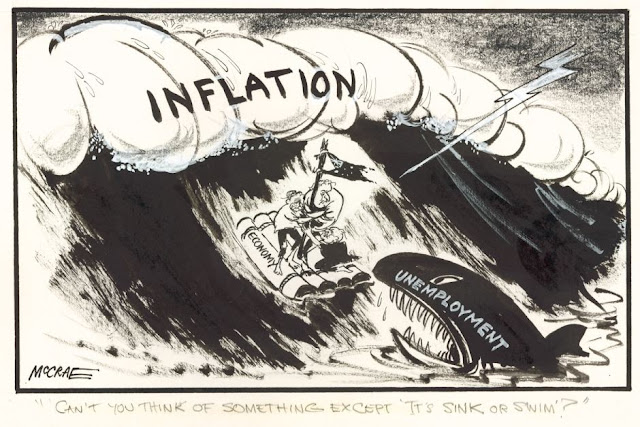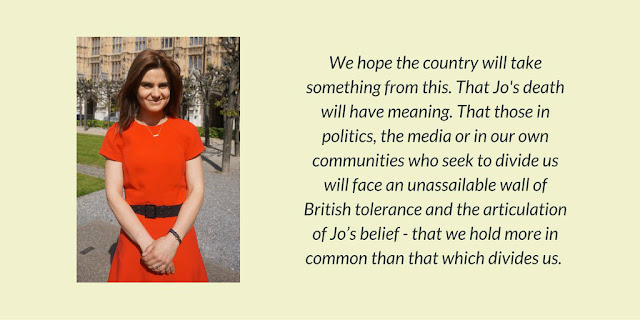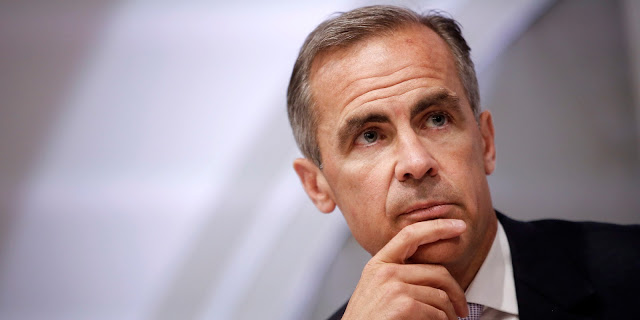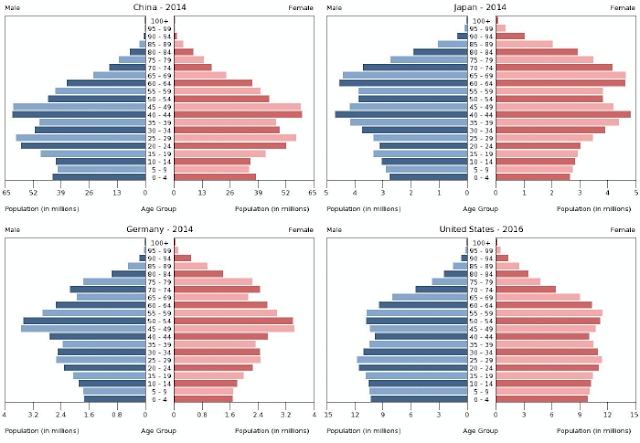The essence of evil

I have a confession to make. I have been reading the Daily Mail. No, I haven't gone over to the dark side. Rather, I have been true to myself. I have always tried to keep an open mind. And sometimes that means doing something of which my critical self does not approve. Like reading tabloid newspapers. Reading is an important part of my life. I've always needed time to myself, to read and think. Without that space, my mind fogs and I become irritable. I suppose I am a bit introverted, really. But shutting people out, even temporarily, can be difficult. Frances has her head in a book again? Just shout to get her attention. Works every time. And now that I have become my father's part-time carer, time for reading and thinking is hard to come by. The fog is slowly descending on my mind. I discovered long ago that the easiest way of creating time to read and think is just to disappear for a while. So, over the years, I have collected some favourite boltholes. One of t...






